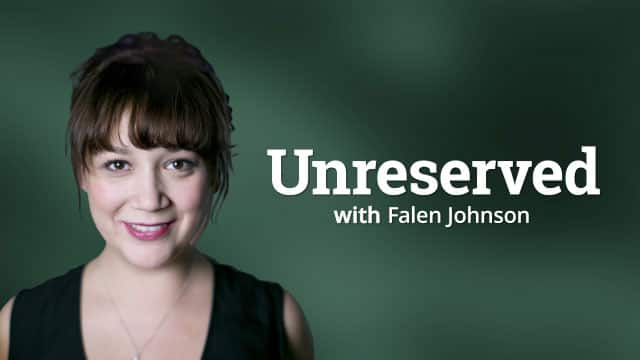CBC Radio ·


More
and more Indigenous creatives are turning to podcasting as a way to
share stories. On Unreserved, we're talking with Indigenous
podcasters who are decolonizing the airwaves.
In 2021, former CBC host, Waubgeshig Rice, sent out a tweet. It read,
"So...who'd be interested in a podcast about Indigenous literature?" That tweet got more than 8,000 likes, and was enough to support the
creation of the Storykeepers Podcast. The podcast, launched in March in 2021, is hosted by Waubgeshig Rice and
writer Jennifer David and is all about Indigenous literature.
Connie Walker was on CBC's airwaves for more than 20 years. Her most recent work focused on telling the stories of Missing and Murdered Indigenous women. Her latest podcast, Stolen: The Search for Jermain, is available through Gimlet Media.
Glenn Wheeler, a member of the Qalipu Mi'kmaq First Nation, serves as host for the podcast called Mi'kmaq Matters. The podcast was Wheeler's way of keeping in touch with his community despite living in Toronto.
Dene Talk
is a brand-new podcast from Cassidy Villebrun-Buracas, who describes
it as Indigenous people talking about a wide range of topics. Guests
have included writers and burlesque dancers, to psychologists and birth
workers.






















No comments:
Post a Comment
Please: Share your reaction, your thoughts, and your opinions. Be passionate, be unapologetic. Offensive remarks will not be published. We are getting more and more spam. Comments will be monitored.
Use the comment form at the bottom of this website which is private and sent direct to Trace.